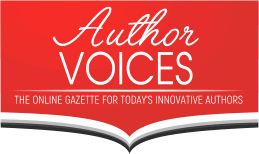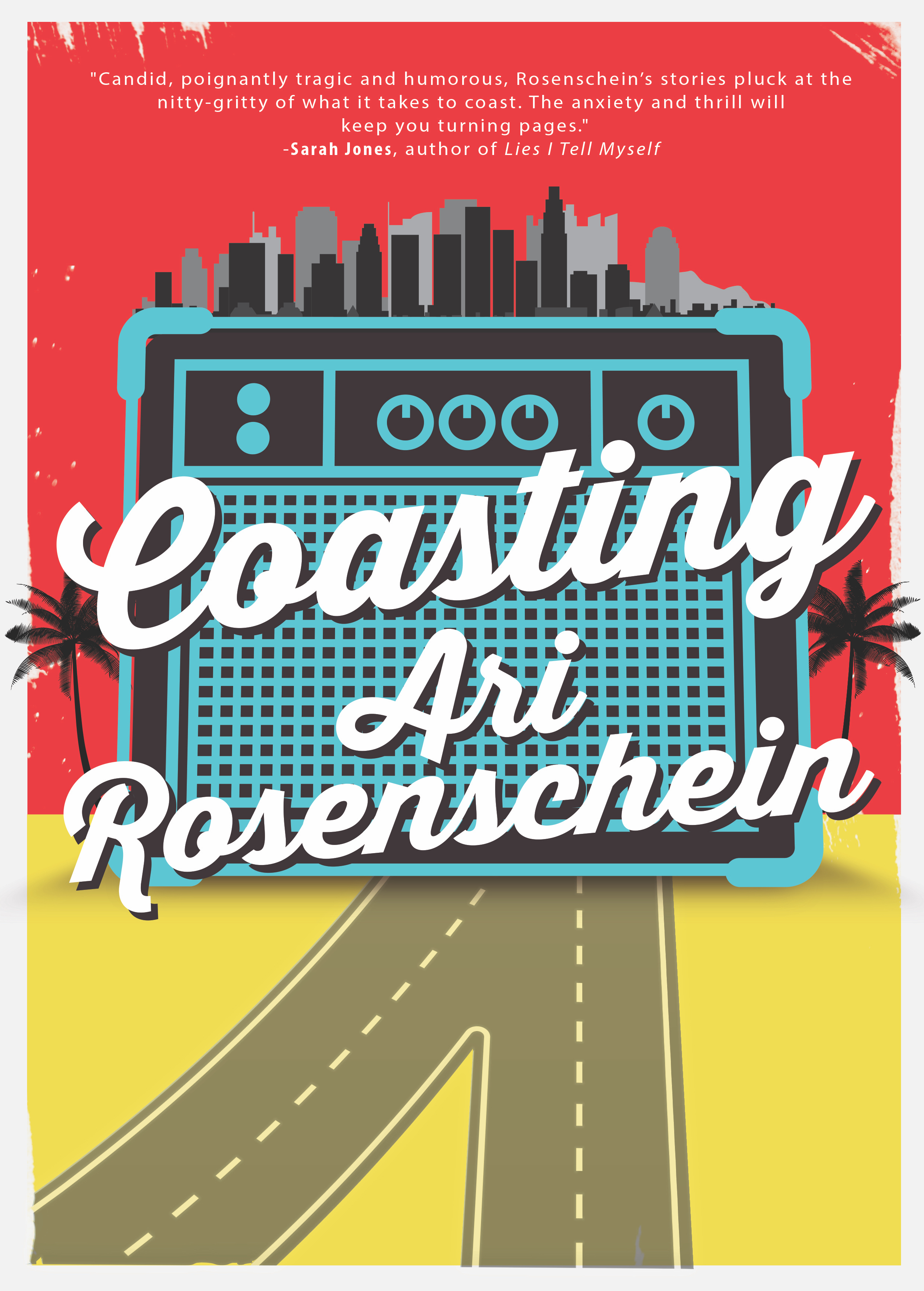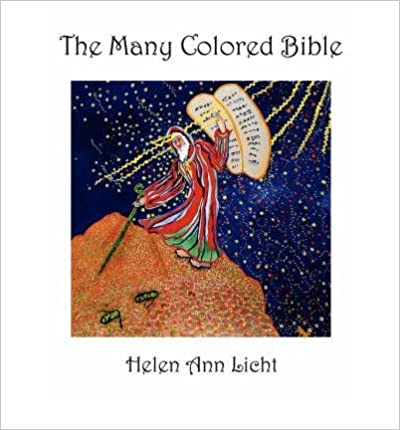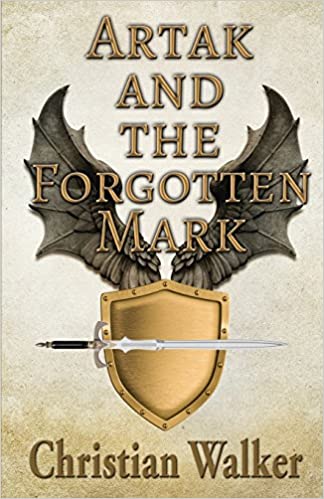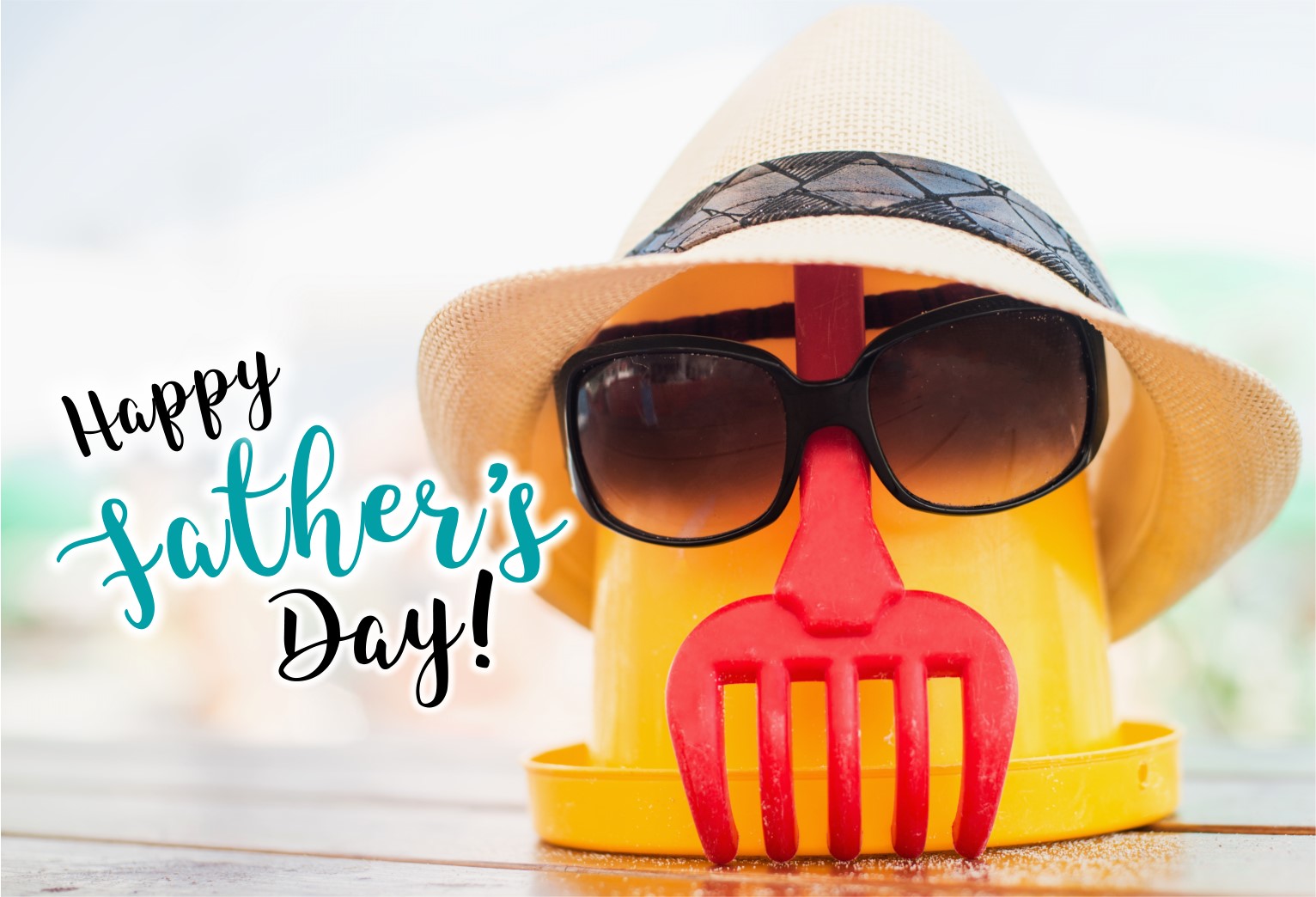Interview with Ari Rosenschein
Author of Coasting
Where are you from originally and where do you reside now?
I was born in Pennsylvania and grew up in Northern California with a few sojourns to Israel. After college, I moved to Los Angeles for nearly a decade and a half. Finally, I ended up in Seattle where I’ve resided for just under six years.
If you currently reside somewhere besides where you were born, what’s the story that lead from there to here?
My wife and I moved from Los Angeles to New York to help open a school. After nine months and Hurricane Sandy, we decided to move back to the West Coast, to her hometown of Vancouver, British Columbia.
After a lovely year in Vancouver, we stumbled upon West Seattle while looking for vegan food on tour. Well, that was that. We fell in love with the Emerald City and still live here. I never tire of Seattle; its neighborhoods, arts community, and transcendent nature continue to charm me.
What made you decide to write and publish your first book?
While earning my MFA at Antioch Los Angeles, I began to amass a collection of work—some fiction, some nonfiction. Just before graduation, I started to experiment with grouping the stories in one volume. Some of my nonfiction essays had grown so outlandish that they weren’t too far off from my fiction. At the urging of a friend, I placed everything into one manuscript and began hacking away at it. A narrative line started to emerge, and I realized that somewhere in there I had a book.
After a few more months of editing and revising, I reached out to several agents and publishers. An independent press named Pen Name Publishing invited me to submit my manuscript after responding to my pitch during a Twitter pitching event. I sent it off, we began to correspond, and they released Coasting in November of 2018. The editor eventually started her own house, Magnolia, which later acquired the rights to the book. Needless to say, I’m very happy I sent that Twitter pitch.
How would you describe your books to first time readers?
While the book is a short story collection, the tales are frequently interconnected. During the book, characters from prior stories pop up in unexpected places, sometimes in wildly different contexts. Many of the stories deal with music and the entertainment industry in general. However, it’s a book about hope—the sense that there is something better out there and that we deserve to chase it, regardless of the cost to our loved ones and ourselves.
The majority of characters in the book are in their twenties and early thirties. As a result, people in that confusing time of life may find some aspects of the book interesting or at least funny. Still, I think most people will find someone to relate to in Coasting. We’ve all been in that place where we know we can do better yet haven’t gotten quite where we want to be just yet.
Who do you feel is most likely to connect with the topics you write about?
While there are a few outliers, the majority of characters in the book are in their twenties and early thirties. As a result, people in that confusing time of life may find some aspects of the book interesting or at least funny. Still, I think most people will find someone to relate to in Coasting. We’ve all been in that place where we know we can do better yet haven’t really gotten to where we want to be just yet.
Readers with an interest in music and the inner workings of playing in bands or the record industry might also enjoy aspects of Coasting, as it draws heavily on my life, much of which I’ve spent in that arena.
What unexpected or surprising thing did you learn during the process of writing and publishing?
I learned that editing is a grueling, emotionally taxing experience and that it is important to give yourself ample time for recovery after turning in a final manuscript. I nearly lost my mind chasing commas, italics, turns of phrase, hyphenated words, etc. There is always a deeper level to go to in the revision process, which is both exciting and depressing.
One of the big, delightful surprises I’ve experienced is how willing people are to take a chance on a new book after hearing it read aloud or learning about it online. I’ve had the good fortune of reading at some wonderful independent bookstores up and down the West Coast, and have met engaged readers of all ages at these stops. The best part of those events is getting to take home books by other authors everywhere I read. I’ve discovered some real gems by taking advantage of each store’s unique curatorial voice.
If you could, what advice would you give to your past self before embarking on this journey?
I think I would have spent a little longer revising the final draft and saved my editor and publisher some back and forth Slack messages. I also would have trusted myself a bit more with the characters and the voice of the book. There was a lot of internal pressure for me. Something about publishing a book feels deeply weighted.
I’ve released many albums throughout a long musical career but putting Coasting into the world turned me into a basketcase. I guess I would have told myself not to worry so much about getting every little thing perfect as there is always another edition down the line and another book.
How many people would you ideally like to reach with your books?
I would love to reach millions of people with my writing. Why be shy? I write to be read. Hopefully, my work will pay back the gift that has been given to me by so many generous authors. I love the thought of someone cracking a smile while reading my book.
What has been the biggest challenge and frustration during the process to date?
There have been some hangups with Amazon that have been frustrating. Coasting not appearing in digital format for several weeks after its second pressing was particularly frustrating. I accept these irritations with a grain of salt, however. Remember, I’m a lifelong musician so I’m pretty familiar with the struggles of being an independent artist.
What’s your biggest strengths when it comes to book a) writing, b) publishing and c) marketing?
I think I’m a good self-editor, willing to collaborate with publishing houses, and a consistent marketer. While I’m far from perfect at any of the above, I’ve got a lot of grit and determination. I’m not afraid to get my hands dirty and work a book for a long time.
What’s your biggest weakness when it comes to book a) writing, b) publishing and c) marketing?
I think I am often a little bashful about asking my readers to leave reviews on Amazon. It’s such an essential part of the process today, and I often forget to ask people to take the time and tell others what they think of the book. Here goes. Have you read Coasting? I’d love you to write a few words about the book on Amazon.
When do you think you will write your next book?
I’m currently working on a novel, and have completed the first draft. I also have a nonfiction book concept I’m playing with. Both projects are really exciting.
Are you self published or did you use a hybrid publisher, or a traditional publisher?
Magnolia is what I would call a hybrid publisher as I share duties with the house. They assist authors with many aspects of publication and promotion, but the writers are expected to be active partners in the book release. It’s a great fit for me.
FEATURED AUTHORS
Worrying if I was telling too many secrets Leaving out so much.
Keep Reading »Writing is an arduous task even when one has all ideas clear in the read more
Keep Reading »Write the book, start marketing (letting people know of it) before you finish.
Keep Reading »